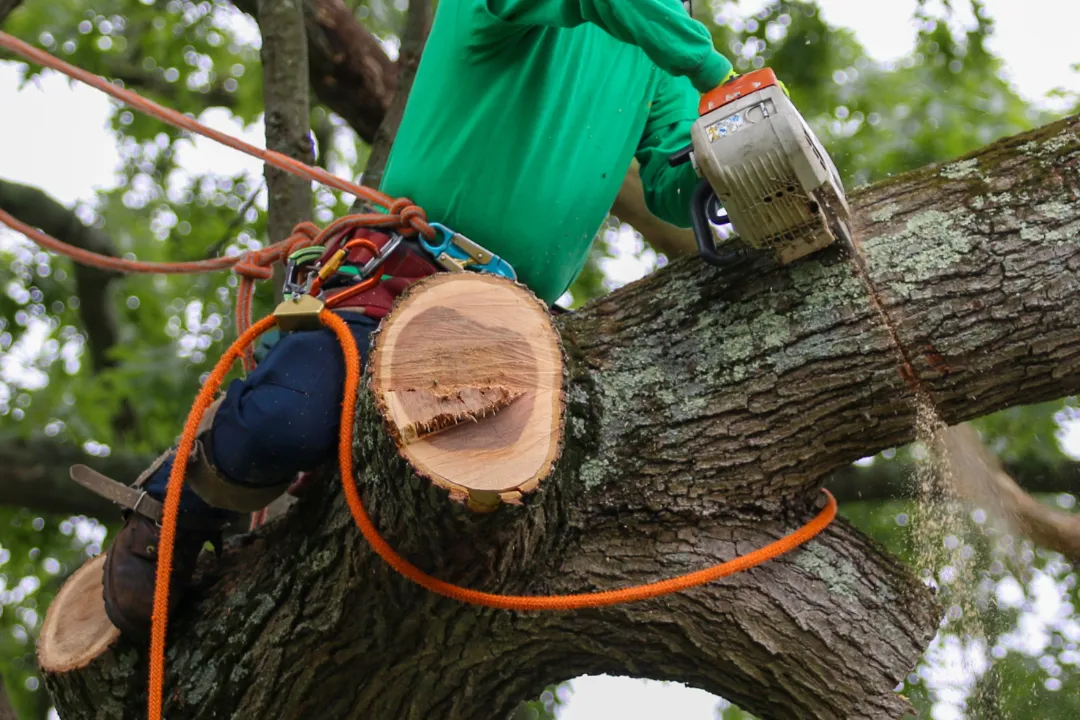All Categories
Featured
The elimination of trees can develop open spaces that are vulnerable to weed invasion. When trees are existing, their dense covers often shade the ground, restricting the amount of sunlight that reaches the dirt. Nonetheless, after the removal of trees, these open locations receive increased sunshine, offering excellent conditions for weed growth.

They may recommend the usage of compost, which acts as a protective barrier on the dirt surface area, avoiding weed seeds from germinating and reducing weed growth.

The existence of trees cultivates a rich and diverse community of dirt microorganisms. Tree origins offer a resource of organic matter, exudates, and nutrients that support the growth and task of valuable soil microorganisms. When trees are eliminated, the absence of their origins can interrupt the fragile equilibrium of the soil's microbial environment.
Who Has The Best Arborist Wollongong?
This adjustment in pH can affect vitamins and mineral accessibility, microbial task, and general soil health. To address the effects of tree reducing on dirt pH, tree removal specialists can provide useful suggestions. They may suggest dirt testing to examine the current pH levels and identify the essential adjustments. Based on the outcomes, professionals can suggest pH adjustment approaches, such as adding lime to raise soil pH or integrating elemental sulfur to reduce it.

It describes the compression of dirt fragments, resulting in minimized pore area and raised soil thickness. This compaction can adversely affect the dirt's capability to operate ideally, impacting its water-holding capability, nutrient availability, and origin penetration. Proper methods used by tree elimination experts can help lessen compaction and maintain the soil's capacity to keep water, and enable ample air movement and cautious tools handling.
Latest Posts
What Is The Best Arborist Wollongong Product?
How Do I Find A Tree Cutting Wollongong Service?
What Do Tree Arborist Wollongong Services Include?